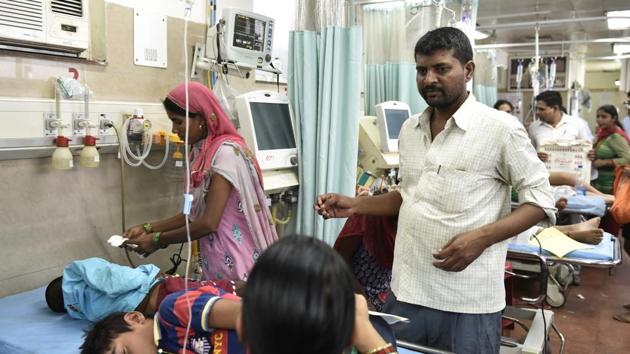Why hospitals must prioritise patients first | HT Editorial
The government needs to do its bit and reimburse hospitals quicker
Delayed payments, coupled with lower than market rates for medical procedures, have led several associations of doctors, hospitals and nursing homes to threaten to stop offering cashless treatment to at least 4 million beneficiaries and their families under government health schemes, such as the Central Government Health Scheme (CGHS) and Ex-Servicemen Contributory Health Scheme (ECHS). Between them, CGHS and ECHS owe at least ₹1,000 crore to private health care providers for services.

As a stopgap measure to deal with the government’s chronic delay in reimbursing bills, the Association of Healthcare Providers (India) or AHPI has proposed that all patients pay their hospital bills upfront and seek reimbursement from the government. AHPI has at least 10,000 of almost all the major private hospitals as members across India. CGHS, for one, is committed to reimbursing at least 70% of a bill amount within five working days post-submission, but payment often takes months and years. This delays salaries for hospital staff and payments to vendors for medicines, consumables, among others.
While timely and seamless reimbursement is a must, hospitals must reconsider too. Cashless treatment is literally a matter of life and death for many employees, especially pensioners. They have limited incomes and savings to pay for treatment in private hospitals, even at the government-negotiated rates that are 30-40% cheaper than the market rates. Visiting overburdened public hospitals, where patients are waitlisted for surgeries and treatment for months, is often not an option. Private hospitals have a critical role in health care delivery, more so now with an additional 500 million people seeking cashless treatment under Ayushman Bharat. Both the government and private players need to build trust, bring transparency in their dealings, and always keep patients first.






